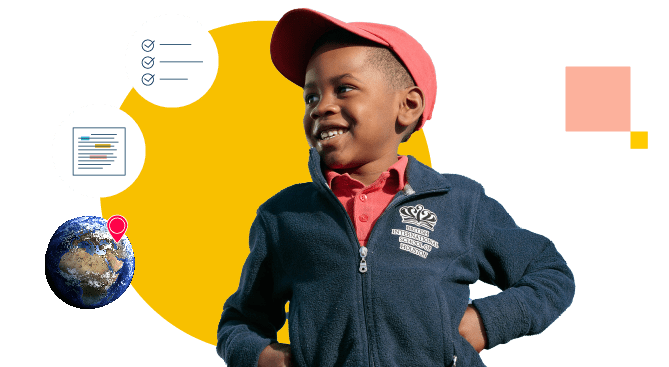News
 News | Admissions | Advice and Guidance | Featured | homepagefeaturedarticle
News | Admissions | Advice and Guidance | Featured | homepagefeaturedarticle Blog | Admissions | Featured | homepagefeaturedarticle
Blog | Admissions | Featured | homepagefeaturedarticle Blog | Admissions | Featured | homepagefeaturedarticle
Blog | Admissions | Featured | homepagefeaturedarticle Blog | Admissions | Advice and Guidance | homepagefeaturedarticle
Blog | Admissions | Advice and Guidance | homepagefeaturedarticle Blog | Admissions | Advice and Guidance | Featured | homepagefeaturedarticle
Blog | Admissions | Advice and Guidance | Featured | homepagefeaturedarticle News | Advice and Guidance | Learning | homepagefeaturedarticle
News | Advice and Guidance | Learning | homepagefeaturedarticle Blog | homepagefeaturedarticle | Learning | Student Work and Success
Blog | homepagefeaturedarticle | Learning | Student Work and Success News | homepagefeaturedarticle | Learning | Student Work and Success
News | homepagefeaturedarticle | Learning | Student Work and Success Blog | Advice and Guidance | homepagefeaturedarticle | Learning
Blog | Advice and Guidance | homepagefeaturedarticle | Learning